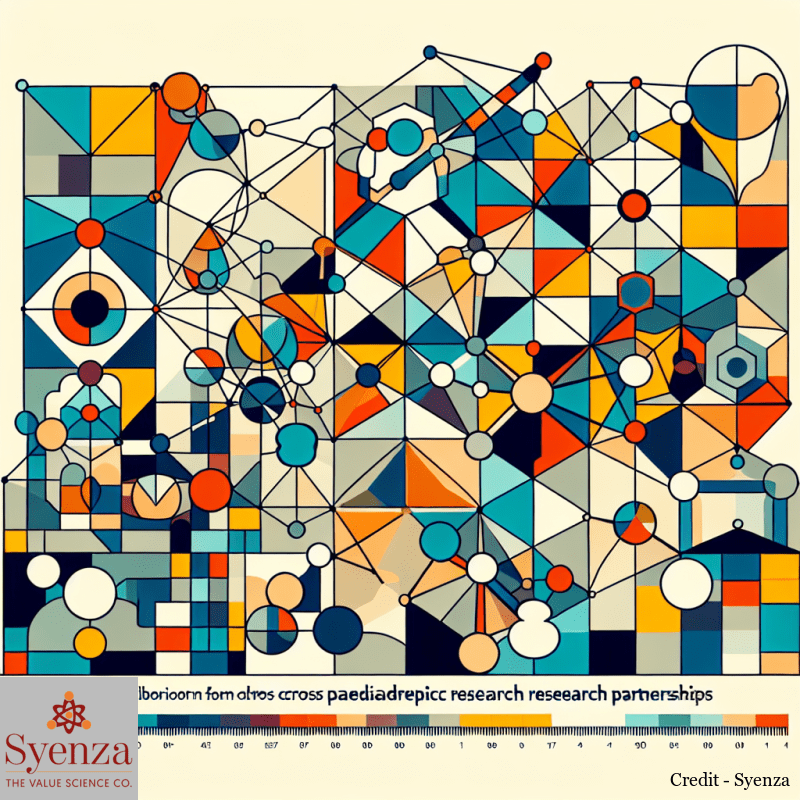
Summary
How can we advance innovative paediatric medicine and care in Europe? Public-private collaborations like the Innovative Health Initiative (IHI) and its predecessor, the Innovative Medicines Initiative (IMI), play a key role. These initiatives have improved paediatric medicines, clinical trial infrastructures, and health solutions for children. However, challenges remain in developing paediatric medical devices and diagnostics.
Key Insights
- Multi-stakeholder Collaboration: The IHI and IMI unite diverse stakeholders (industry, academia, patients, regulators) to address paediatric development challenges.
- Clinical Trial Infrastructure: Projects like conect4children have created pan-European networks for better paediatric clinical trials.
- Regulatory Impact: The EU Pediatric Regulation has boosted clinical trials and medicines for children, but gaps in device development persist.
The State of Innovative Paediatric Medicine in Europe
The Innovative Health Initiative (IHI) and its predecessor, the Innovative Medicines Initiative (IMI), have significantly advanced pediatric research in Europe. These public-private partnerships have united academia, healthcare providers, industry, patients, regulators, and health technology assessment bodies to tackle challenges in developing pediatric medicines. Despite progress, challenges to innovation in peadiatric medicine persist, specifically:
Most devices are designed for adults and later adapted for children, often without robust testing in paediatric populations.
There is a lack of age-appropriate device sizes and functionalities, particularly for neonates and infants.
Few incentives exist for manufacturers to invest in paediatric-specific device innovation due to small market size, high development costs, and complex regulatory requirements.
Limited collaboration between engineers, clinicians, and regulators slows progress.
Fragmented data and insufficient clinical trial infrastructure for children further hinder development.
These gaps persist due to regulatory, economic, and technical barriers that remain unresolved.
The Future for Innovative Peadiatrics
To accelerate innovation in paediatric medicine, stakeholders must align early, invest in child-specific research, and streamline regulatory pathways—ensuring that safe, effective, and age-appropriate treatments reach children without delay.
- Increased Innovation and Access: Public-private partnerships can speed up paediatric treatment development, improving outcomes and cutting costs.
- Global Collaboration: Low patient numbers require global cooperation for sufficient data and effective treatments.
- Policy Impact: Regulatory frameworks and incentives are vital to drive investment in pediatric research.
For more insights, check the original source here.
